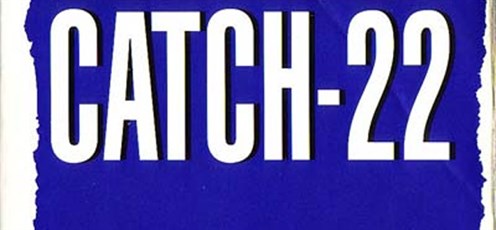The U.S. Needs More Treatment Options for Opiate Addiction
"The community is flooded with drugs, but not with treatment"
3 Sep 2015James Sizemore, a community pastor in Fayetteville, North Carolina discusses a list of barriers that span from lack of health insurance coverage, unaffordable treatment options, long waiting lists and what he calls the Catch 22 of treatment, work, detox and the criminal justice system.

"People who really want and need help have a very difficult time getting housing, employment or other services due to a criminal record or lack of money. So they stay on drugs, get caught up in the legal system, and it starts all over again in an endless cycle," he said.
The problems in Fayetteville reflect what has been unfolding nationwide ever since the resurgence of heroin and the soaring use of prescription painkillers such as Percocet or Vicodin. Although these drugs have claimed thousands of lives in the U.S., healthcare resources and services have failed to catch-up to meet the demands for opiate treatment programs.
"Nobody seems to be noticing that this is a national epidemic," said Les Quagliano, clinical team lead for Greensboro Alcohol and Drug Services. "There are so many people dying."
Click here to read the full article
Doctors can lead the way to healthier drug policies – join IDHDP now.
Share this on: